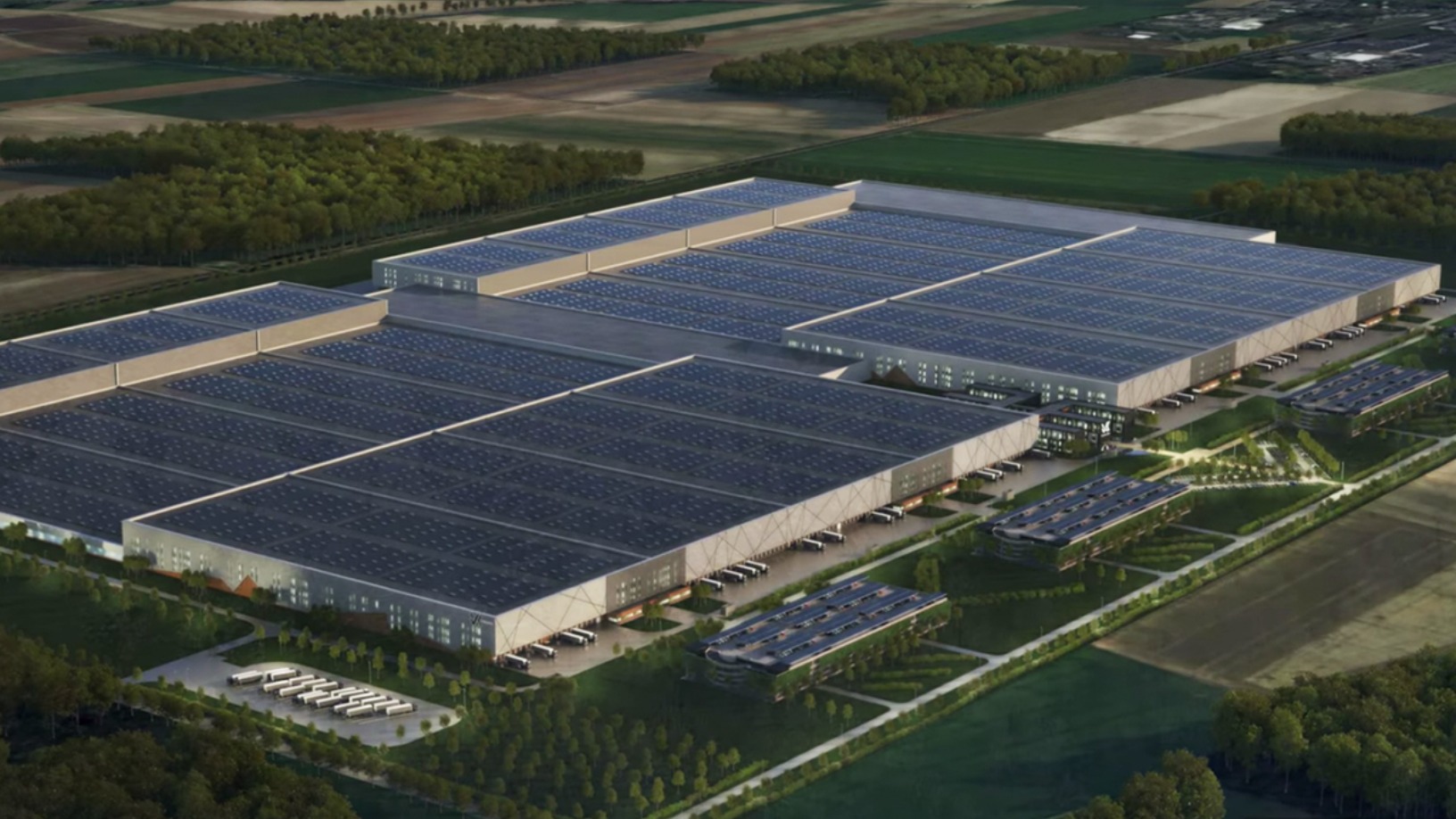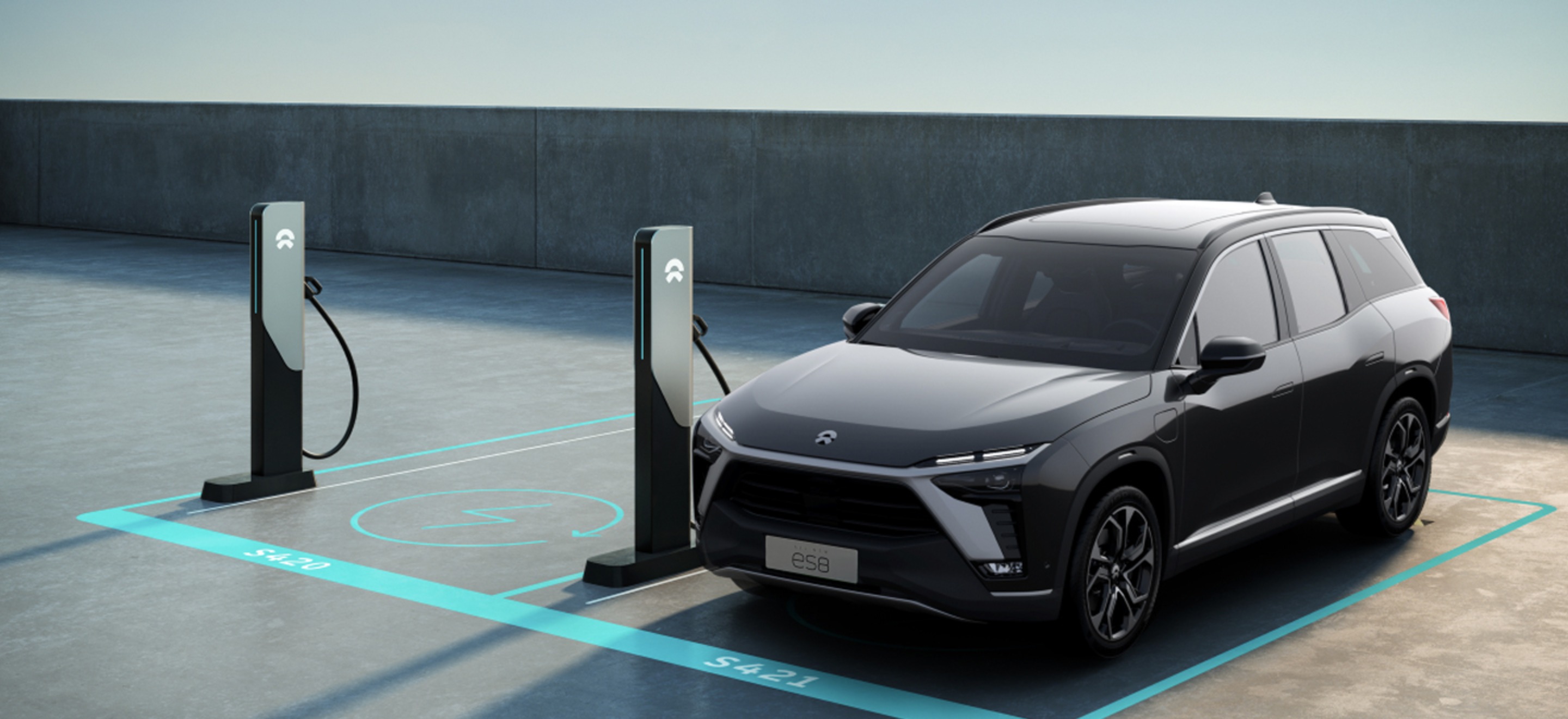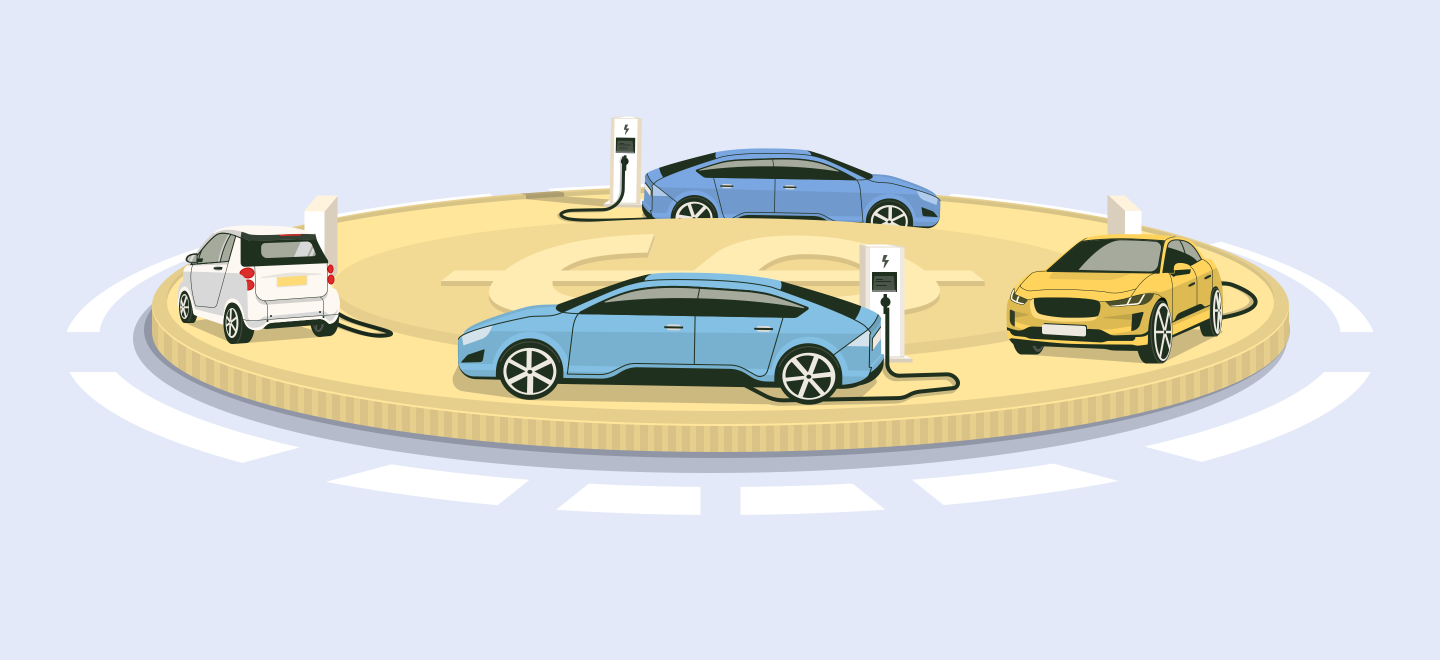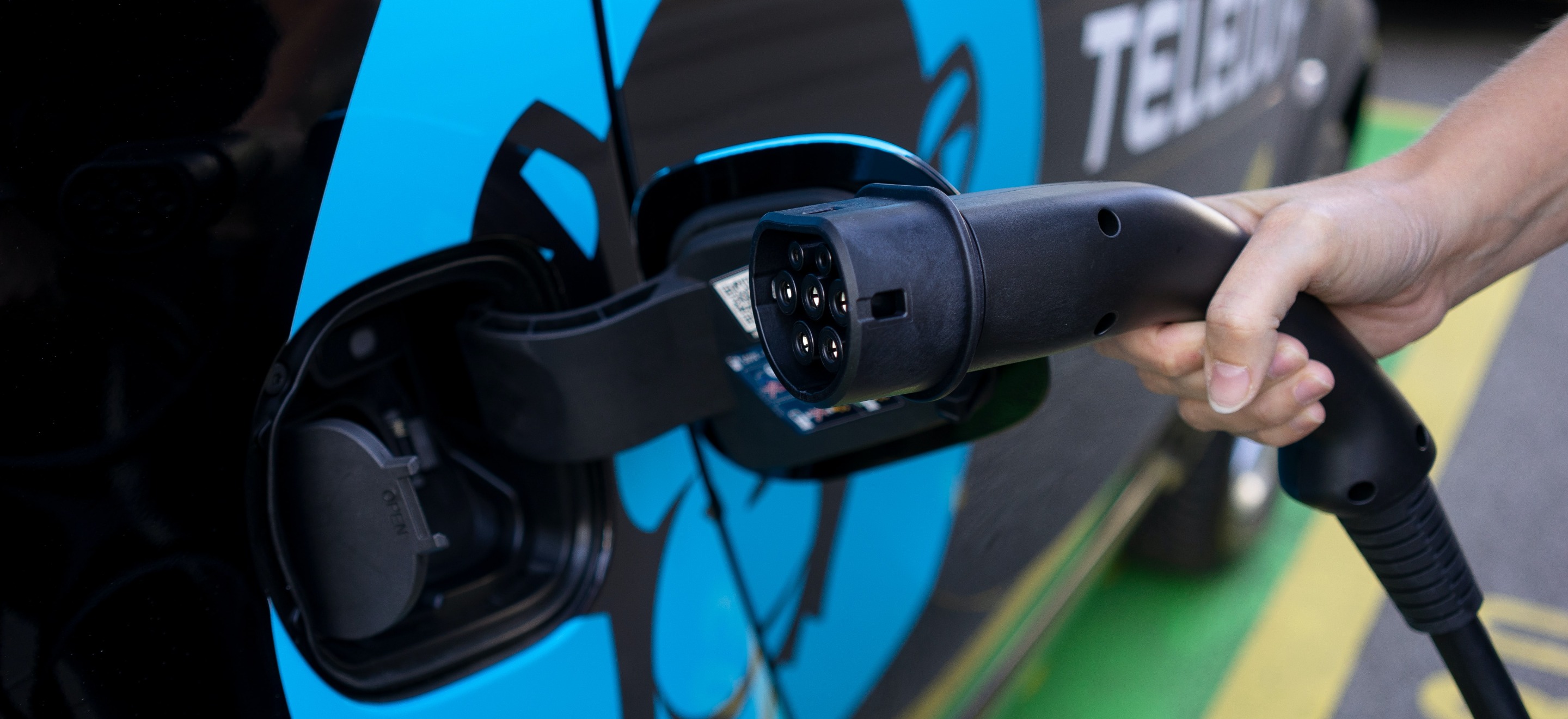As the EU ramps up its efforts to transition the bloc away from fossil fuels, its agencies are driving the development of startups like Verkor, a French company that aims to produce 50+ GWh annually in low carbon battery cells by the end of the decade.
Based in Grenoble in France’s southeast, Verkor was founded in July 2020 with support from EIT InnoEnergy, the EU’s clean energy accelerator and manager of the European Battery Alliance’s (EBA) industrial development program. Established by the European Commission in 2017 and supported by the European Investment Bank, the EBA was created to develop an innovative, sustainable and competitive battery value chain across Europe.
The EBA estimates Europe’s battery industry will require some 800,000 trained workers and be worth €250bn a year by 2025. It first approached Verkor CEO and co-founder Benoit Lemaignan in 2019 to gauge his interest in leading a project to build a Gigafactory in southeast France. An aerospace engineer who had worked at Airbus before moving into climate impact consulting and investment financing, Lemaignan, who co-founded biomethane startup Waga Energy in 2015, was immediately interested.
“Sometimes opportunities happen a little bit by chance,” Lemaignan told CompassList in a recent interview. “I said [to the EBA], look, I’m not a battery guy, I’m not a car guy, but I know a little bit about finance and a little bit about entrepreneurship, so it could be interesting.”
Lemaignan began making calls, and the six-member co-founding team took shape within months. Each member brought specific experience in areas like efficient fuel technology, manufacturing, and strategic development. A year later, Verkor was born.
Gigafactory by end-2024
Verkor’s first battery cells and modules will be produced at the Verkor Innovation Centre (VIC), which will house a pilot manufacturing line with a production capacity of 100 to 150 MWh, and is set to be fully operational by the end of 2022. The VIC will also host a research laboratory and training facility.
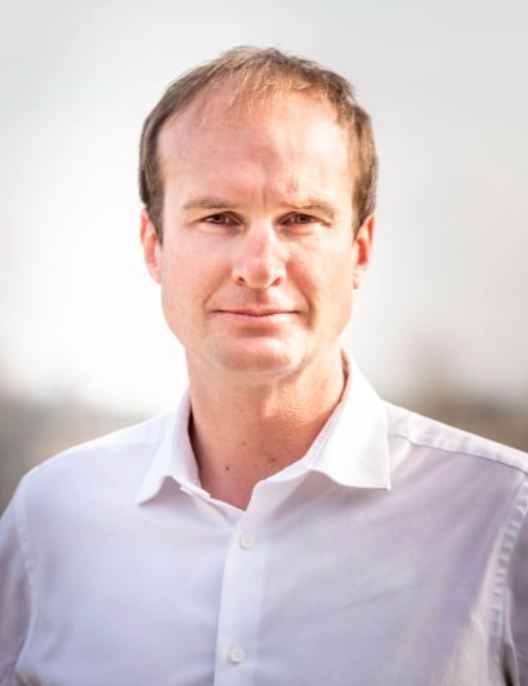
By the end of 2024, the company aims to produce 16 GWh in lithium-ion batteries for the e-mobility and stationary storage markets at its first Gigafactory, producing large battery cells (pouch cells) and smaller cylindrical cells assembled into modules for clients.
We believe that batteries are going to be the oil of tomorrow
“Our mission is to accelerate the decarbonization not only of transport but of the way we produce and consume electricity,” Lemaignan said. “We believe that batteries are going to be the oil of tomorrow.”
Verkor says its clean, local technological and production business model, combined with France’s low-carbon energy mix – 76% from nuclear power and 23.4% from renewables – will ensure that its first “Made in France” batteries will have a carbon footprint four to five times smaller than those of its Chinese competitors.
In July, Verkor raised €100m in a Series A funding round led by the Renault Group and EQT Ventures and included early investors EIT InnoEnergy, Schneider Electric and Groupe IDEC. The French and local governments also participated. Schneider Electric is a leader in the digital transformation of energy management and automation. Real estate specialist Groupe IDEC was brought on board to help drive the location, design, and construction of Verkor’s Gigafactory.
Strategic partner
Central to Verkor’s business model is its partnership with French multinational Renault Group. In June, Verkor announced Renault had acquired a stake in the company, a move that will see 10 GWh of the Gigafactory’s initial 16 GWh capacity allocated to Renault’s premium vehicle programs. The automotive giant’s share of the factory’s output will grow to 20 GWh of its final 50+ GWh capacity in 2030.
“Renault is not only an investor. They are also our lead up-taker and our lead customer, which will trigger the financial debt and equity that we need to secure the Gigafactory financing,” Lemaignan said. He added that government subsidies and grants would complement the final €1bn to €1.3bn in financing that the company plans to raise by the end of 2022. The Renault partnership will also see the two companies leverage raw materials and industrial capabilities.
Separately, Renault also announced it has entered a second strategic partnership for the construction of a Gigafactory in Douai in France’s north, which will reach a capacity of 24 GWh annually by 2024. This project sits alongside those of ACC (Automotive Cells Company), also French, and Sweden’s Northvolt, to name a few. Lemaignan said best estimates suggest the European batteries market will require 1,000 GWh production capacity by 2030.
“We know that ACC is announcing close to 100 GWh, and Northvolt will be similar to that. A few Asian players will also have significant capacity, but all in all, we are nowhere close to where we need to be. So we think that any capacity available will be outsold,” Lemaignan said. “The aim is to reinforce the manufacturing capacity and to make sure we can deliver the right product on time to the right customer.”
Local industry and jobs
Verkor was officially launched in July 2020 as Europe emerged from its first round of lockdowns. The pandemic reinforced the urgent need to rebuild local industry as large swaths of France’s industrial capacity had moved offshore in recent decades as manufacturers sought to reduce production costs,
“The interest [in rebuilding local industry] was there very early on but that increased [with the pandemic] on a few dimensions. One was the understanding that – and also through the semi-conductor crisis – having local production is key and cannot be postponed,” Lemaignan said.
Meanwhile, Verkor’s sustainable and values-based business model has also made it attractive to key talent. “A lot of people had time [during the pandemic] to reflect on the way they were living and the jobs they had. As a company with strong values and engagement, it has been very beneficial. We do see a lot of people willing to join us,” he said.
The company, which onboarded about 40 staff by July this year, aims to grow to 100 staff by December and double that figure by the end of next year. At full capacity, Verkor’s Gigafactory will employ 1,200 workers.
Lemaignan said Verkor is not playing the “salary war happening in this field” but is offering company equity as an incentive. “We believe this is the right way to go.”
